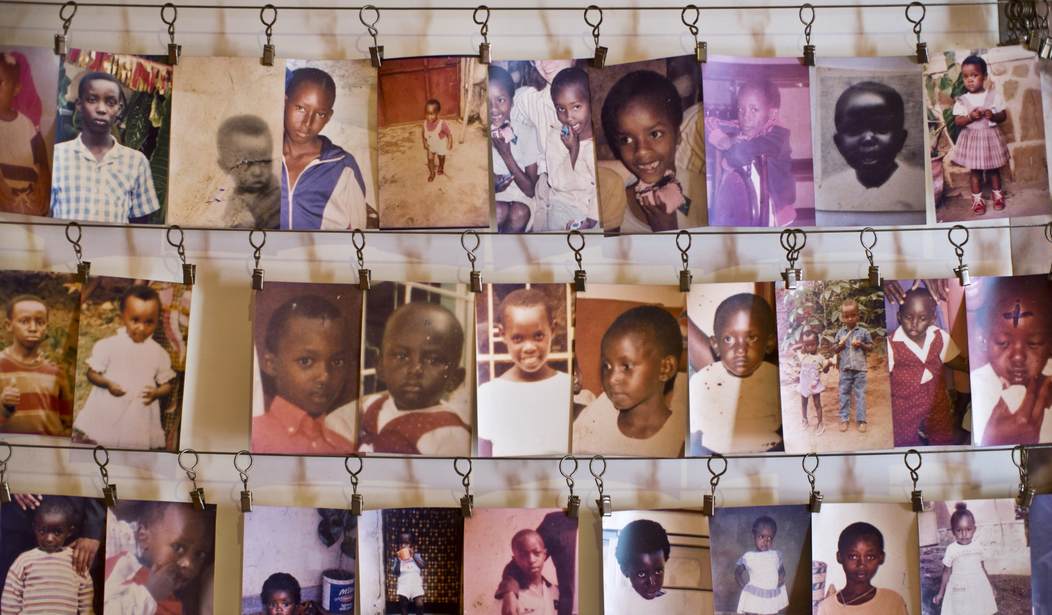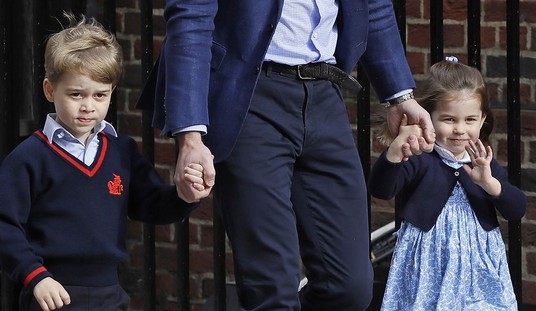On the 22nd anniversary of the start of the Rwandan genocide, the Obama administration vowed they have learned from the tragedy in Africa lessons that “commit” them to preventing mass atrocities today.
President Obama said “we stand with the people of Rwanda to commemorate the more than 800,000 men, women, and children whose lives were lost during 100 days of unspeakable violence.”
“We honor not just the victims but also those who risked their lives to save others as well as the survivors who carry the memories of these atrocities,” Obama said. “On this solemn day, we remind ourselves of our common humanity and shared commitment to protecting civilians and ensuring that mass atrocities of this magnitude never happen again.”
“Today, even as the United States grieves with the Rwandan people, we are inspired by the progress Rwanda has made in moving beyond these horrible crimes and in building a more peaceful and prosperous future for its citizens. The United States Government and the American people will continue to extend our friendship and partnership to Rwanda as we reconfirm our commitment to protecting the vulnerable, to preventing mass atrocities, and to upholding the inherent dignity of every human being.”
Secretary of State John Kerry in a separate statement paid tribute to the Rwandans “savagely murdered” 22 years ago.
“We grieve for those innocent lives lost, for the families and friends who will forever cherish them, and for the survivors who suffer as both victims and witnesses to one of the most unspeakable acts of evil of our lifetime,” Kerry said.
“The United States remains deeply committed to preventing the horror of mass atrocities and genocide from occurring again, and to continuing to work with the people of Rwanda and the international community to finish the task of bringing those responsible for those heinous acts to justice.”
The anniversary comes as Syria — wracked by torture and indiscriminate killings by Bashar al-Assad and terrorist groups, as well as genocidal campaigns by Islamists against minority groups like Christians and Yazidis — is increasingly being called Obama’s Rwanda for his inaction on the conflict that began five years ago with Assad attacking peaceful Arab Spring protesters.
On Al-Arabiya last May, Obama was asked point-blank about the fact that “many people believe that Syria is your Rwanda.”
“It might haunt you for years to come — more than 200,000 people dead, 9 million people displaced, the worst humanitarian crisis in the 21st century,” noted Al-Arabiya Washington correspondent Nadia Bilbassy.
“I am haunted by the hardships and that’s — it’s something I take very seriously. But when the analogy is used with Rwanda it presumes that some sort of swift U.S. intervention would have prevented these problems,” Obama replied.
He called it a “civil war that arises out of long-standing grievances.”
“It wasn’t something that was triggered by the United States, it wasn’t something that would have been stopped by the United States,” Obama continued, adding that he told GCC representatives in “very blunt” terms that “all too often I think in the Middle East region people attribute everything to the United States — conspiracy theories everywhere. If something wrong happens it’s the fault of the United States –”
“But they look up to you for leadership,” Bilbassy interjected.
Obama said that in Syria, “our efforts have to be part of a broader international coalition, and ultimately a military solution is not going to be the solution.”
The interviewer kept pressing Obama, noting his red line on the use of chemical weapons and reminding him that “the civil war did not start on Day One.”
People, she said, “felt you could have done something in the beginning and you didn’t.”
Obama then argued that intervening in Syria “would have been a violation of international law, and undoubtedly we would then be criticized for that as well.”
“So what I think we have tried to do is be very clear about principles, what we believe in. With respect to the chemical weapons issue, my principle was that chemical weapons should not be used. People may criticize us for not having launched missiles at Assad after chemical weapons had been used, but keep in mind why we didn’t. We didn’t because they got rid of their chemical weapons!”
Since Obama made the deal to avoid acting on his red line there have been multiple reports of chemical weapons in Syria, including the death of a baby in August from mustard gas that could have come from an undeclared stockpile.
The death toll in Syria is creeping toward half a million, with the Syrian Center for Policy Research estimating earlier this year 470,000 deaths since the war began in 2011 — with 11.5 percent of the country’s entire population killed or injured.
The Syrian Human Rights Committee documented 841 deaths in March, including 117 children, 75 women and 37 individuals under torture in prisons.
President Clinton admitted years after the Rwandan genocide that he felt “a lifetime responsibility” for the deaths and thinks even small intervention from the U.S. at the beginning of the carnage may have saved 300,000 lives. Memos uncovered during the Clinton years found the administration wiping its hands of the bloodshed.









Join the conversation as a VIP Member